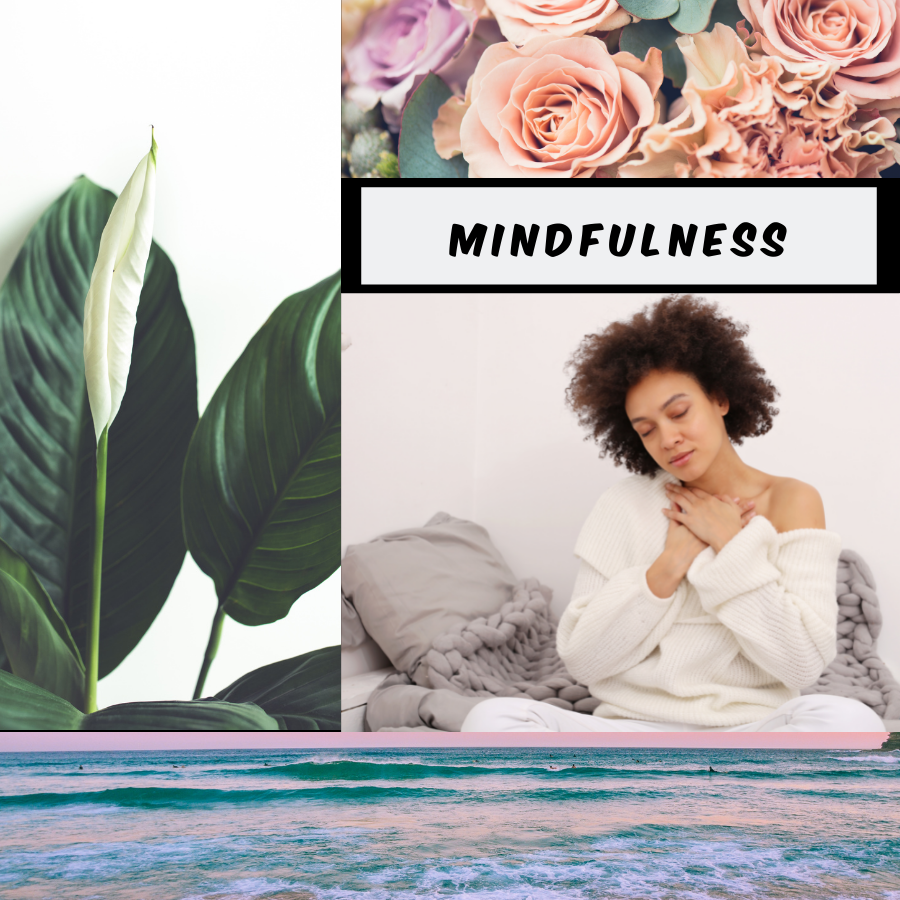Mindfulness has been the catch-all solution to end many personal problems. It has become a trend that many embrace as effective or roll their eyes. I swear if I have to sit through one more Zoom meeting where we have to meditate with a bunch of strangers through a screen….
The conversation about mental health is so important. People are being more vulnerable about sharing their concerns and the benefits of seeking help. Experts are also doing more research on the connection between mental health and oppression.
What is Mindfulness?
Mindfulness is the practice of purposely bringing one’s attention in the present moment without judgment. There have been many links between the benefits of mindfulness to improve mental health, including helping with symptoms of depression and anxiety. Mindfulness is great. You can use it to get through thinking traps. It can help self esteem. Mindfulness can make you feel centered, grounded, and present. But can mindfulness cure racism?
There are books like Mindful of Race: Transforming Racism from the Inside Out that talk about the perspective of redirecting negative thoughts when a racist incident makes you upset in an attempt that reduces suffering.
According to the author, Ruth King, “Racism is a heart disease that we don’t deeply understand, and it’s curable.” And while I understand King is trying to change the hearts and minds of people who experience privilege, I think this is a dangerous notion to promote as the cure to racism.
Practicing mindfulness has promise to reduce implicit bias, but there needs to be sustained activism and intentional decolonization practices are needed for impactful and meaningful change. The onus should always be on those who benefit from white supremacy to use mindfulness as a way to address their own role in perpetuating racism.
Structural Racism is Still a Thing
Ideas like this give more power to individual racism and lessens the emphasis on structural racism. The cure to racism isn’t just changing people’s explicit beliefs. And it is never fair to people who experience oppression to have to change their emotional reaction to the oppression they face.
Practicing gratitude is difficult when there are systems and institutions built for your disadvantage. Anger is a valid emotion; sadness is a valid emotion. It is a privilege to tell someone to have hope when they witness their own structural destruction.
Resilience isn’t always about how you can bounce back from life’s adversities, when those adversities are in the very fabric of our society.
At the end of the day, mindfulness can be one tool to help people who benefit from white supremacy better cope with or become aware of their role in the system, it does nothing to actually dismantle these systems. BIPOC people need more than your meditation.



Tayler, this post is FANTASTIC. I see so much spiritual bypassing in the white yoga space, especially. Like you said, being mindful is a tool, not a solution to systemic oppression.